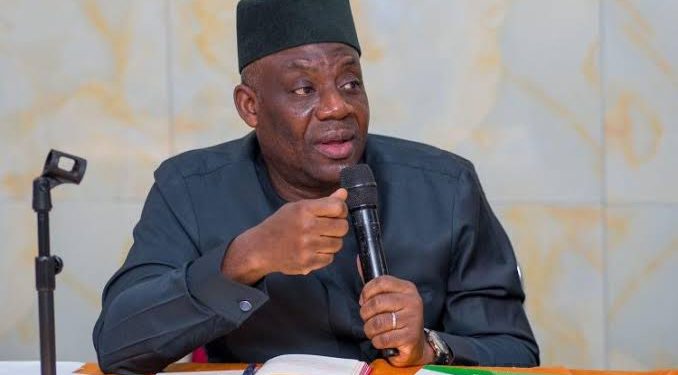In a landmark move to strengthen civic awareness, the Federal Government of Nigeria has reinstated Nigerian History as a compulsory subject in the national basic education curriculum. According to the Minister of Education, Dr. Tunji Alausa, the policy is aimed at deepening young Nigerians’ understanding of their roots, promoting unity, patriotism, and nurturing responsible citizenship.
ALSO READ: EFCC Links Internet Fraud and Money Laundering to Tougher Visa Restrictions for Nigerians Abroad/
Dr. Alausa explained that the decision underscores the government’s commitment to preserving national identity and heritage. By ensuring that every child receives structured lessons on Nigeria’s past, the administration hopes to foster a generation that appreciates the nation’s struggles, achievements, and cultural diversity.
Education stakeholders have welcomed the development, highlighting its potential to counter misinformation and revive pride in the country’s legacy. With the reintroduction of Nigerian History, schools nationwide will be mandated to integrate the subject into their teaching plans, starting from the basic education level.
This policy marks a return to a more holistic learning system, equipping students not just with academic knowledge but also with a strong sense of belonging and responsibility toward nation-building.


